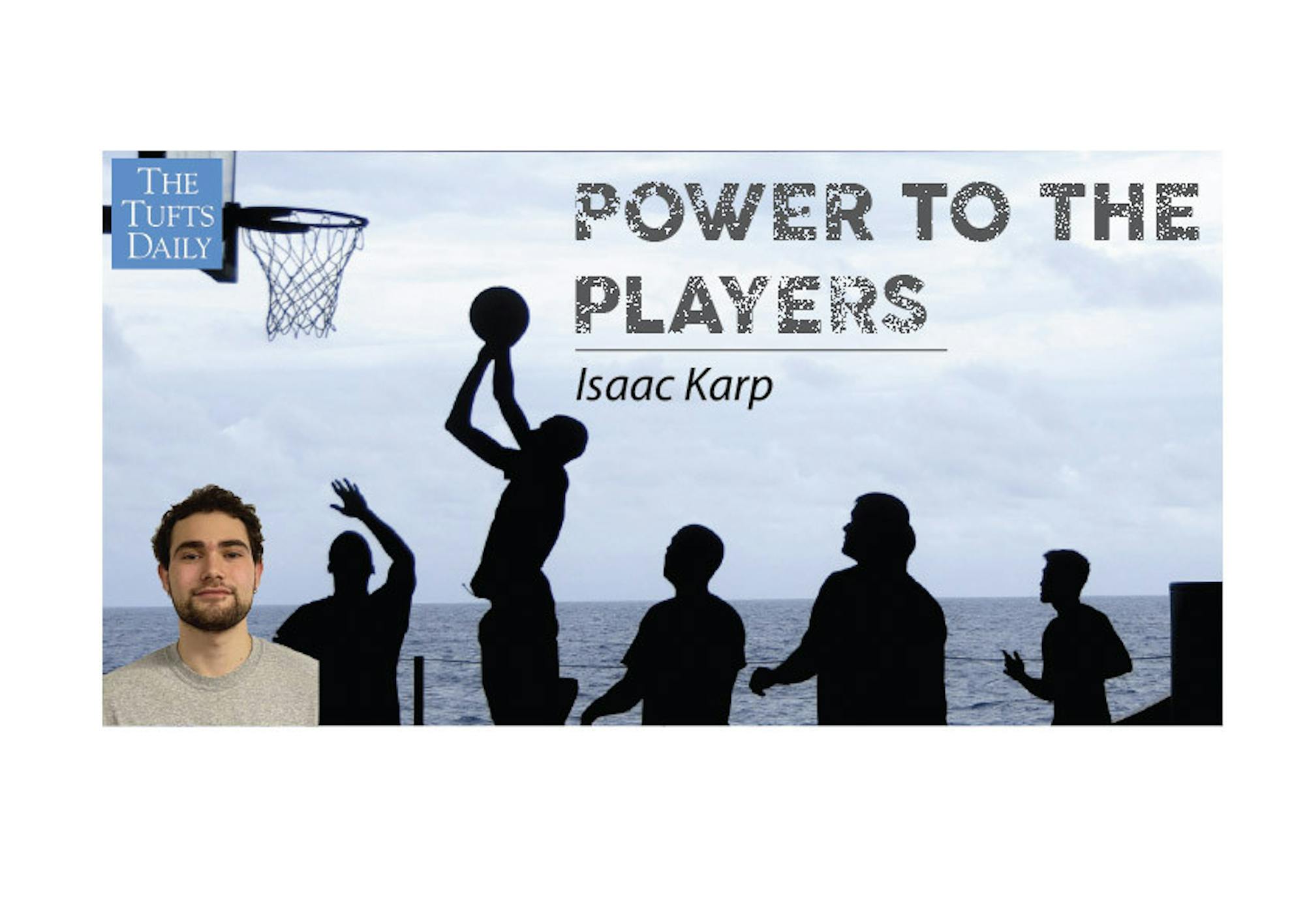This week, the World Uyghur Congress filed a complaint demanding that the International Olympic Committee cancel the 2022 Beijing Winter Olympics. The objection comes amid ongoing reports of human rights abuses by the Chinese government against Uyghur Muslims. The Chinese government denies any wrongdoing, insisting that the internment camps to which an estimated one million Uyghurs have been confined are actually “vocational skills education centres” intended to combat poverty and crime.
The International Olympic Committee responded to the World Uyghur Congress’ demand with uncomfortable silence, essentially deflecting the decision to compete in Beijing to the countries and athletes themselves. It wouldn’t be the first time American athletes faced a momentous choice when it comes to Chinese politics.
In October 2019, during the height of the Hong Kong protests against Chinese rule, the then-general manager of the Houston Rockets Daryl Morey tweeted out the words“Fight for freedom, stand with Hong Kong.” Reaction inside and outside of the league erupted immediately, with Morey finding himself in the middle of the ash cloud.
With little support from anyone besides the fans, it looked as though Morey would lose his job. Yet the league commissioner, Adam Silver, took a more tolerant approach in an attempt to appease every involved side. According to Silver, the league would not limit anyone’s free speech, although he took no definite position on Morey’s statement. Meanwhile, many fans and media members pointed out hypocrisy in the league's willingness to support domestic activism while discouraging protests directed at human rights abuses abroad. It would be hard to imagine a more perfect example of a business equivocating in the face of a moral challenge, and clearly the NBA needs to discern its priorities.
Now the International Olympics Committee, participating countries and athletes themselves face a similar situation. Political conflicts have been part of the Olympics from the start, but it appears doubtful that the Committee, like the NBA, will take a principled stand. Although, in 1980, under pressure from the U.S. Government, over 60 countries refused to attend the Olympics in Moscow to protest the Soviet invasion of Afghanistan. In response, around 15 countries, including the Soviet Union, refused to attend the 1984 Olympics in Los Angeles. The Cold War seems an extreme case, but the precedent undoubtedly exists.
The American government has alreadyopenly accused China of human rights violations and genocide, but that does not necessarily mean they will have any objection to the upcoming winter games. Unfortunately, the final choice may be left to the athletes themselves, who can only participate once every four years. While the U.S. insists it will not enforce the infamous Rule 50 of the Olympic Charter, which prohibits players from protesting in any fashion, players still risk losing endorsements and deals with companies that have ties with China. It will take courage and sacrifice to make an effective statement at the Beijing games. The only question is who takes action first.






